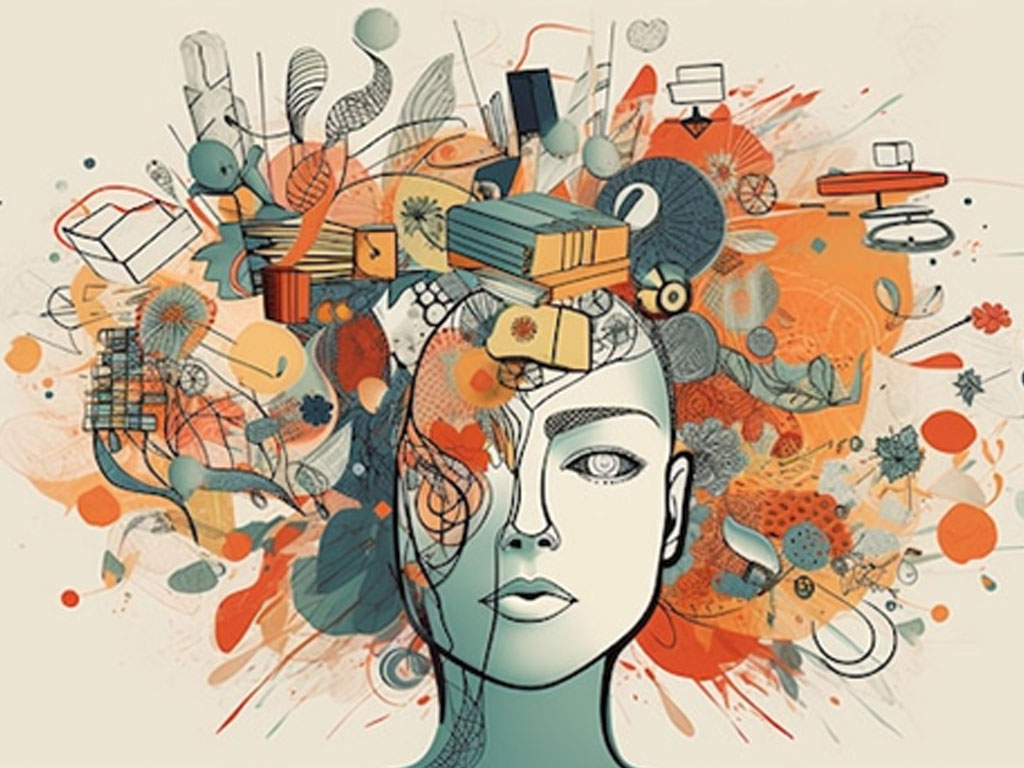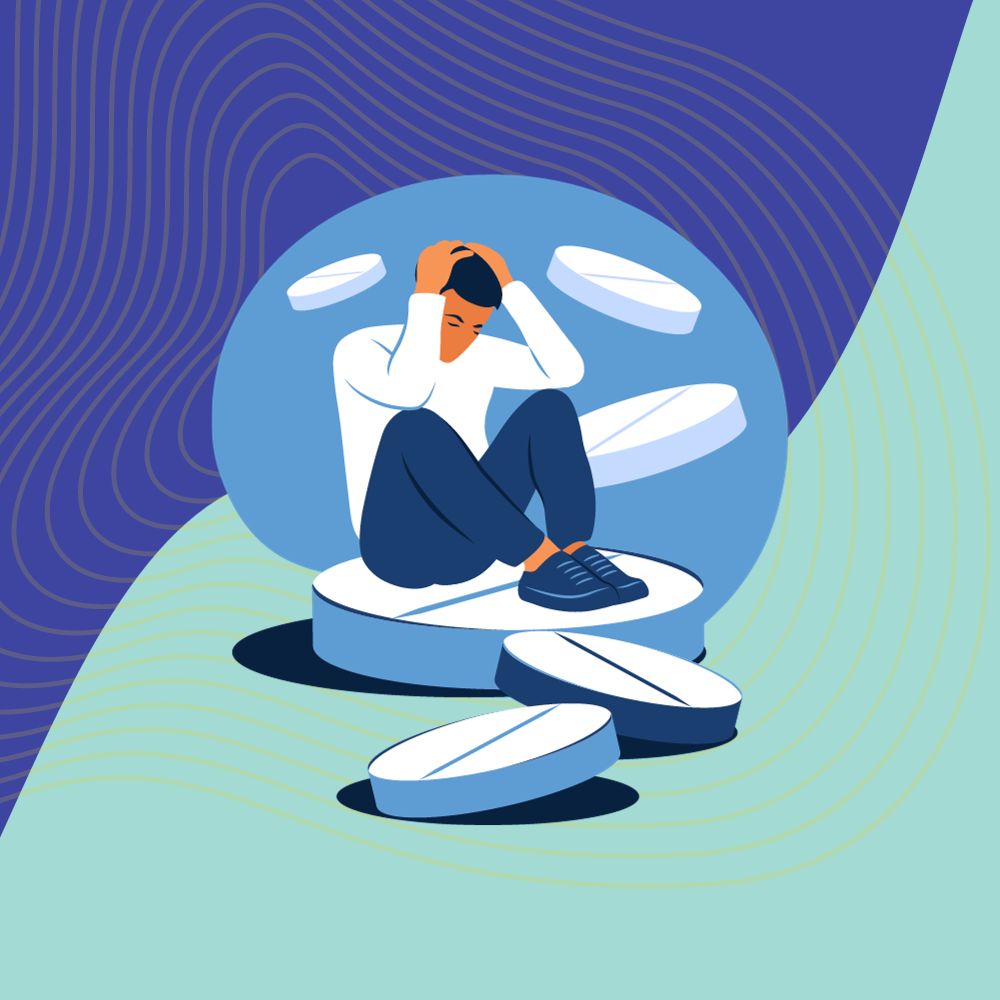
Technology And Mental Health- Understanding The Link
The profound use of digital devices has ushered in mental health concerns. Neuroscientists suggest that digital dependence and real-world isolation makes people live in altered states of consciousness.
Interestingly, digitally mediated communication affects human responses. Psychiatric assessments around the world highlight that de-stigmatising
cognitive problems fosters timely recovery of those suffering the impact of technology in their lives and ensures normalcy.
Online counselling sessions make mental health services accessible by leveraging the digital health market through adequate funding.
The best psychiatric hospitals in Bangalore such as Maarga Mind Care are well-equipped to carry out psychological assessments. Not only does it have a stream of medical experts but cutting-edge medical health software to gauge behavioural responses.
Let us look at some of how technology impacts mental health:-
- Accelerates impulsive behaviour
Research reports point out to the fact that technology addiction affects neural connections. Millennials often view the digital world through rose-tinted glasses. At times, it becomes difficult to differentiate between fiction and reality as the fine line of discretion fades away.
Being constantly glued to digital screens leads to lethargy, procrastination among adolescents/teens and appalling personal hygiene levels that in turn affect the course of life.
Also, drawing parallels with other people’s lives creates a fluid state of mind, promotes vegetative behaviour and causes attitudinal shifts. Research suggests that playing outdoor games and pursuing interactive recreational activities seamlessly foster natural neural pathways.
Getting carried away by online content is similar to setting yourself up for failure. Having a higher number of contacts on Whats App or messaging platforms, using mobile phones at odd hours and constantly relying on digital applications gives people no ‘me’ time.
The positive vibrations and fresh stream of thoughts go down the drain due to excessive online exposure. Turning off notifications, managing fewer mobile applications and controlling social media activities, doing outdoor activities, real-life interactions foster optimistic neuro-psychological development.
Interestingly, the New York Times emphasises the concept of digital detox by inculcating a proactive attitude and making sincere efforts. The best psychiatrists in Bangalore say that setting up calculated breaks and self-discipline and following daily schedules make things easier.
- Leads to psychological issues
The digital revolution has been massive and new-age users do not wish to be oblivious to events around them. Excessive digital exposure upsets the chemical configurations and brain neuroplasticity.
The radio-frequency rays that are emitted from smartphone screens are the underlying cause of brain tumours. Occasionally, there might be abnormal cell growth in the cerebral hemispheres that could develop into a cancerous tissue.
This toxin substance makes cognitive functions such as memory, perception, cerebellum coordination, medulla oblongata impulses, reflex actions and spinal cord connections go haywire.
Severe brain damage might imbalance the biological clock of the body leading to zombie-like conditions. Alzheimer's, attention deficit disorder, psychotic relapses and OCDs are the by-products of unsupervised digital exposure.
- Degrades concentration
Concentration deficit disorders lead to day-dreaming, a delusional state of mind and sluggishness. Individuals are often transfixed, gaze at things for long and have linguistic issues.
Scientists say that since COVID-19, there has been a profound use of mental health applications worldwide. Being predisposed to technology causes attitude problems, intemperance and herd mentality.
Remarkably, Hindu scriptures highlight that tranquillity and concentration are the cornerstones of life. Being still and concentrating on one’s breath, taking out some time for meditation help in clearing mental clutter that will eventually lead to long-term peace and help maintain one’s mental equilibrium.

Your Mental Health Matters!
- Alters one’s personality and behaviour
One of the effects of constant digital exposure has led to Cluster C personality disorders that influence thinking patterns. A schizoid individual shies from peer interaction, does not exchange pleasantries with others, remains isolated and exhibits social anxiety.
Folks already suffering from a histrionic personality disorder would become manipulative, have sadistic tendencies, indulge in self-harming behaviour (sado-masochism) and constantly seek attention.
Excessive digital addiction makes people dependent on others as they are unable to take care of themselves. Several neuro-developmental disorders make people paranoid, exhibit suspicious behaviour and develop trust issues.
They rely on people’s perceptions about them and love being surrounded by people who inflate their beliefs. Technology addiction lowers one’s ego, super-ego and ID patterns. These psychological traits determine one’s mental make-up and decide a person’s disposition.
People have conflicting views of reality and their moral compass becomes fidgety. Some folks suffer from a factitious disorder in which they exaggerate their illnesses and appear to act sick in front of people to win their sympathy.
Also, individuals think that they are being constantly observed by others and they hide their true selves and control their responses. Oscar Wilde, a prolific writer expresses that being yourself is a humane virtue.
Summing it up, folks must realise the importance of having positive mental health. It is high time that people manage their social media and digital use in order to prevent turning into online parrots. Not only it is imperative to use technology wisely but also not be dictated by it. Spending time in the midst of nature, inculcating humour, promoting real-life conversations, having a daily exercise routine and embracing life are some measures to keep things on track.
Takeaway
If you want to know more about digital repercussions on mental health, then visit Maarga Mind Care. Also, you can read the blogs published on the website to expand your level of knowledge.


Social Media Sharing